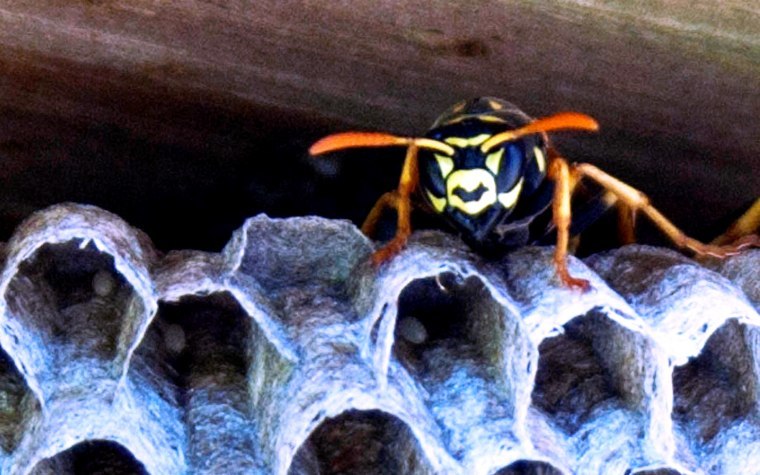JACKSON, Miss. (Legal Newsline) - High school coaches who were accused of urging a student to “man up” and compete in a long-distance race after he was stung by a wasp can’t be sued for negligence because there is no evidence they were responsible for the runner’s subsequent fall and injuries, the Mississippi Supreme Court ruled.
The court’s majority sidestepped the controversial question of whether the actions of the coaches were protected by sovereign immunity, instead ruling the entire case was moot for lack of evidence. That drew criticism from two concurring justices and a dissent from two more who said the court shouldn’t have discussed the evidence in the case since the defendant school district had moved for summary judgment solely on the question of sovereign immunity.
Christopher Strickland was preparing to compete in a cross-country meet in 2016 when he told his coaches he was stung by a wasp on his head. Two coaches and a registered nurse testified they examined his head and didn’t find any evidence of a sting or adverse reaction, although Christopher said only one coach examined him and urged him to “man up” and run the race.
A mile in, Christopher stumbled and fell. The nurse and her husband, a neurologist, examined him and didn’t find any injuries, but a doctor later diagnosed him with brain and spine injuries.
Christopher’s father sued in 2017, claiming district employees failed to follow the concussion protocol. While the case was pending, the Mississippi Supreme Court handed down Wilcher v. Lincoln County, a 2018 decision establishing a two-part test for determining whether government officials were exercising their judgment and entitled to sovereign immunity.
At a summary judgment hearing, Strickland’s lawyers abandoned any claims that school district employees had caused his injuries after the fall because they had no medical evidence to prove it. Instead, they claimed the failure to respond to the bee sting amounted to ordinary negligence and wasn’t subject to sovereign immunity.
The trial court rejected that argument and granted Rankin County’s motion to dismiss, saying not only were school officials acting within their discretion but there was no evidence they failed to provide the proper standard of care. The Court of Appeals affirmed, and Strickland petitioned the state Supreme Court for review.
The Supreme Court, in a June 30 decision, sidestepped any detailed discussion of sovereign immunity, instead focusing on the lack of evidence school officials had done anything wrong.
“The specific activity being challenged is the RCSD’s coaches allowing and encouraging Christopher to run after being stung by a wasp,” the court said. But Strickland didn’t identify any allergy to bee stings in medical forms he filled out prior to the race, coaches observed no signs of injuries, and it wasn’t until an hour later that he fell.
“Whatever happened to Christopher during the race was not the result of any allegedly tortious activity on the part of RCSD employees,” the court concluded. With no causation, the case was moot.
Justice David Ishee, in a concurrence partly joined by Chief Justice Michael Randolph, said the majority shouldn’t have ruled on Strickland’s lack of evidence since the school district moved for dismissal strictly on the issue of sovereign immunity.
“It is fundamentally unfair for the majority to fault Strickland for having no evidence of negligence when he was never put on notice he had to come forward with that evidence prior to trial,” Ishee wrote. “The majority’s decision to affirm the trial court’s decision on grounds that were not before it sets a dangerous precedent,” since plaintiffs now will be forced to put all their evidence before the court regardless of the grounds for a motion for summary judgment.
Justice James Kitchens dissented, joined by Justice Leslie King. They said the actions of the coaches didn’t meet the two-part test for discretionary functions by government officials because they didn’t involve questions of social or economic policy.
“Under a proper application of the public policy function test, the coaches’ decision to permit Christopher Strickland’s participation in the race after his wasp sting was not protected by discretionary function immunity,” he wrote.
